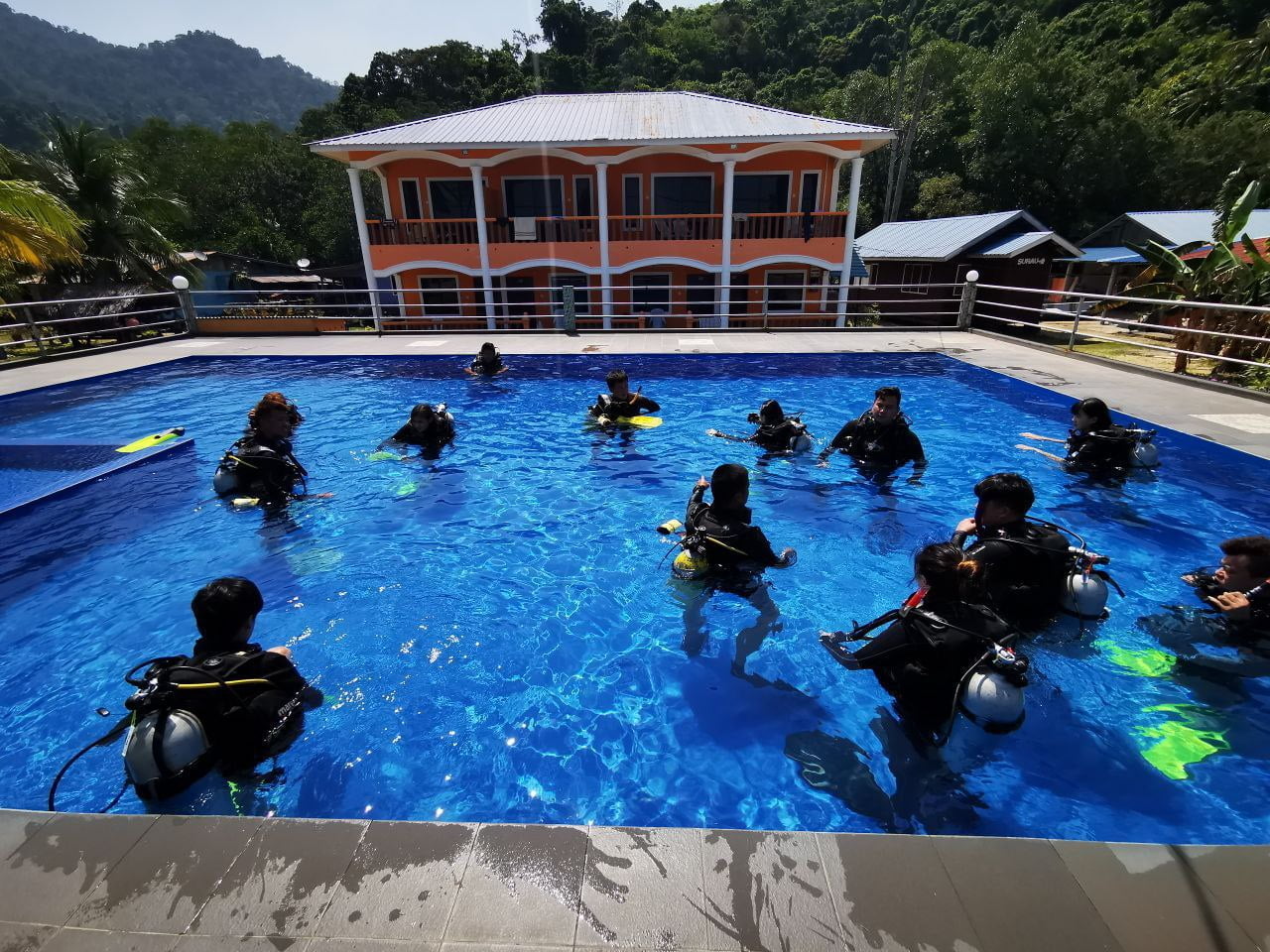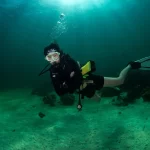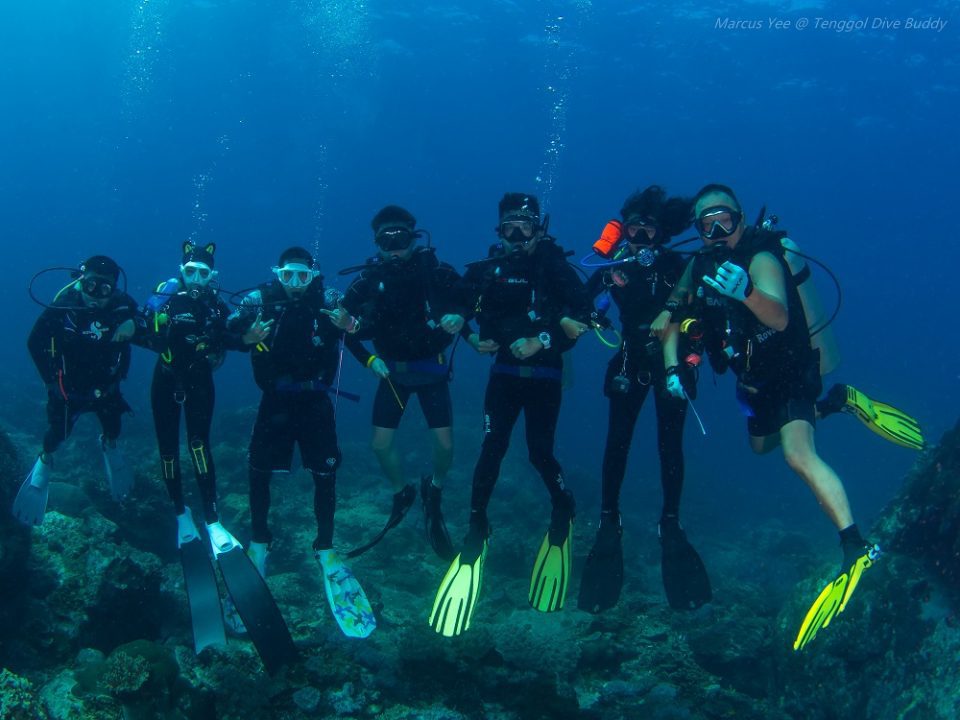
The 9 Most Popular PADI Diving Courses
September 19, 2024
Affordable Scuba Diving Certification Courses Near Me-Get Certified with Tioman Dive Buddy in Tioman Island
January 28, 2025Things Not to Do After Diving: Essential Post-Dive Safety Tips
Diving is an exhilarating experience, but your safety doesn’t end when you surface from the water. After a dive, there are several important precautions to ensure your well-being and prevent diving-related health complications. Here’s a list of things not to do after diving, essential for maintaining your health and prolonging your enjoyment of this incredible sport.
1. Don’t Fly Immediately After Diving
Flying too soon after diving can increase the risk of decompression sickness (DCS). The cabin pressure in an airplane is lower than at sea level, which can cause nitrogen absorbed during the dive to expand, leading to DCS. The general recommendation is to wait at least 12-18 hours after a single dive, or 18-24 hours after multiple dives or repetitive dives before flying. Always consult your dive computer for specific guidelines.
2. Avoid Hot Showers or Hot Tubs
After diving, it may be tempting to take a hot shower or relax in a hot tub, but this can increase the risk of DCS. Heat causes your blood vessels to expand, which may accelerate the release of nitrogen bubbles into your bloodstream. Stick to lukewarm water until you’re sure the nitrogen has left your body.
3. No Strenuous Exercise
Engaging in vigorous physical activity after diving can increase your risk of DCS. Exercise can cause nitrogen bubbles to form in your joints and tissues more quickly, leading to painful symptoms. Avoid running, weightlifting, or any high-intensity workout for at least 24 hours after diving. Light activities like walking or yoga are generally safer.
4. Don’t Drink Alcohol Immediately
While you might want to celebrate a successful dive with a cold beer, it’s best to hold off. Alcohol dehydrates the body, and dehydration can exacerbate the risk of DCS. Stay hydrated with water or electrolyte-rich drinks, and wait until your body has fully recovered before consuming alcohol.
5. Avoid Long Road Trips or High Altitudes
Just like flying, ascending to high altitudes (over 300 meters or 1,000 feet) soon after a dive can increase your risk of DCS due to changes in atmospheric pressure. Whether you’re driving through mountains or taking a long road trip, give your body time to adjust by waiting at least 12-24 hours after your last dive before heading to higher elevations.
6. Don’t Skip Hydration
Diving can be dehydrating due to the dry air in tanks and the physical exertion it requires. Dehydration makes you more susceptible to DCS, so it’s crucial to drink plenty of water before and after your dive. Avoid sugary drinks or caffeine, as they can contribute to dehydration.
7. Avoid Sleeping Too Soon After Diving
Sleeping immediately after a dive might sound like a great way to rest, but it can interfere with your body's natural decompression process. It’s best to stay awake and active for a few hours post-dive to ensure proper circulation and nitrogen off-gassing. Gentle movement helps your body eliminate excess nitrogen more efficiently.
8. Don’t Ignore Any Symptoms
It’s essential to monitor your body after a dive. If you experience symptoms like joint pain, dizziness, fatigue, difficulty breathing, or skin rashes, these could be early signs of DCS. Contact a medical professional or dive safety organization immediately if you suspect any symptoms of DCS, even if they seem mild at first.
Conclusion
Diving safely extends beyond your time underwater. By knowing what not to do after a dive, you reduce your risk of decompression sickness and other health issues. Following these guidelines will help you stay healthy and ensure you’re ready for your next dive adventure. Remember, the ocean will always be there—your health comes first!




